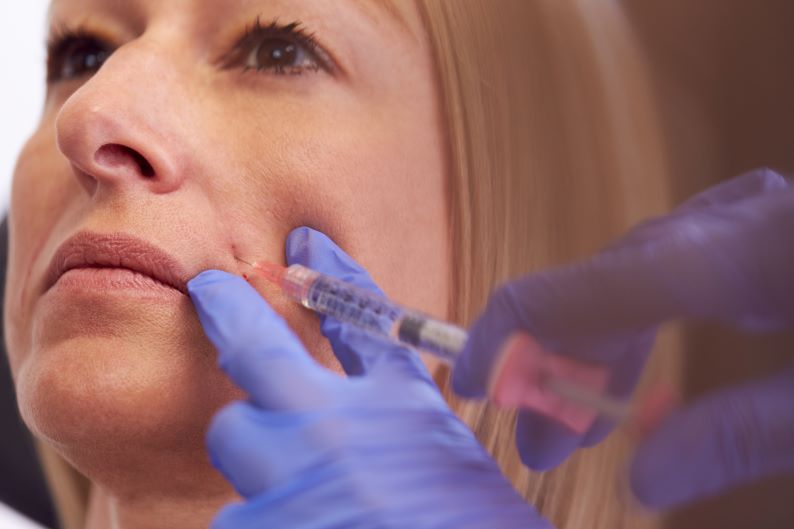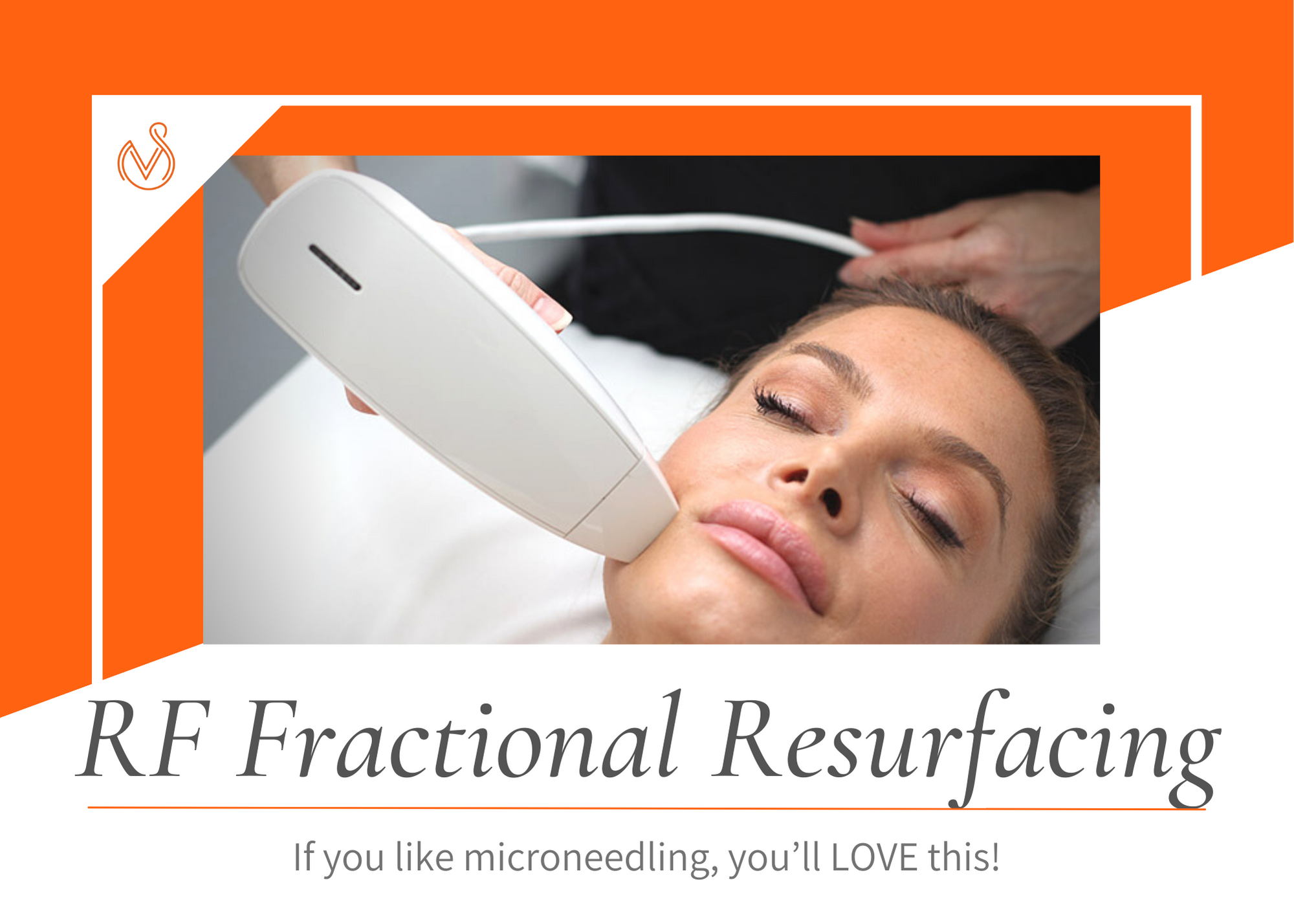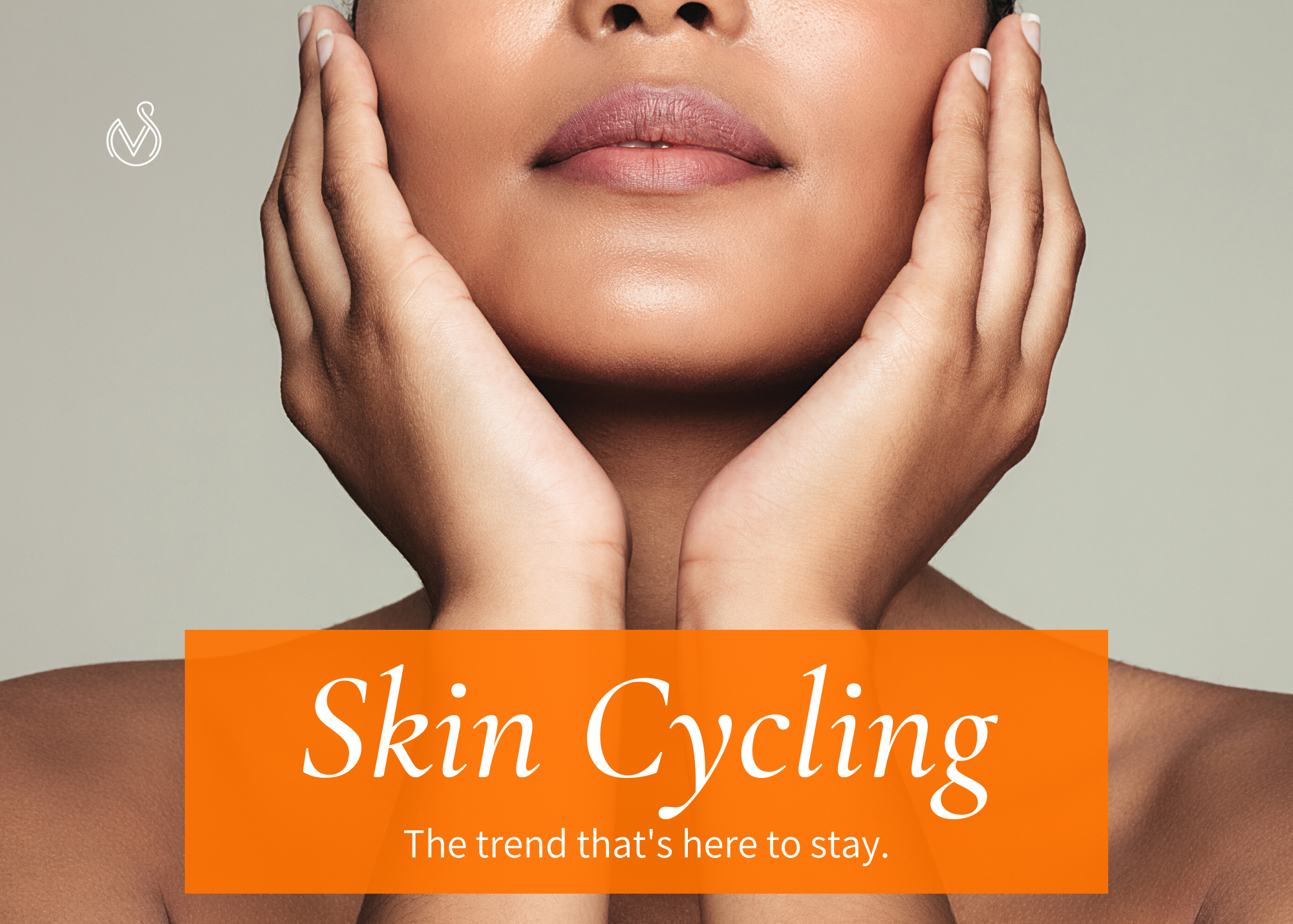Active Ingredients, Pharmaceutical Grade Skin Care And Cosmeceuticals?
How do you choose your skin care products? Do you know if your skin care regime contains active ingredients? Why are some skin care products considered pharmaceutical grade? And what is a cosmeceutical?
When I meet with patients and ask them about their skin care regime and what the active ingredients in it are, I too often get the same answer:” I don’t know but it cost a lot”. Lets talk about it.
Active ingredients in products are ingredients that are considered to have a pharmaceutical or drug effect. This effect(s) must be documented by scientific evaluation, approved by the FDA and Health Canada, and adhere to FDA and Health Canada regulations. In addition, the amount and exact function of each active ingredient must be approved by these regulatory bodies. The FDA also specifies that the active ingredient(s) must be listed first on the label. Active ingredients include such substances as sunscreen ingredients, skin-lightening agents, Vitamin C, Retinol and anti-acne ingredients such as sulfur and benzoyl peroxide.
Generally, brands that are sold in drugstores and department stores contain lower amounts of active ingredients so they’re irritation-free for a broad consumer base. Health Canada has legal restrictions on the amount of active ingredients in products sold at mass retailers. The decision to sell a skincare line through a physician’s office can also simply be that the manufacturer may believe that the product is best served with a physician to explain its use and how to choose and combine products.
Pharmaceutical grade skin care must meet the FDA’s requirement that products are 99.9% pure ingredients. This high quality level of ingredients must contain 0.1%, or less, of bacteria. Only 5% of the entire skin care industry can meet such high standards to be considered Pharmaceutical Grade. VivierSkin is formulated with L-Ascorbic Acid USP pharmaceutical grade Vitamin C.
Cosmetic Grade skin care are not subject to any regulations, safety testing or required review of ingredients. The FDA allows cosmetic grade products to contain up to 30% bacteria with the recommendation to throw away products after 60 to 90 days. 95% of the skincare industry is cosmetic quality and unregulated by the FDA.
“I like pharmaceutical-grade products that substantiate claims with independent studies,” says Victoria dermatologist Dr. Mark Lupinhe “ VivierSkin is proven to penetrate the skin and deliver results”.
Cosmeceuticals are the marriage of cosmetics and pharmaceuticals. While Health Canada does not recognize the term “cosmeceutical,” the cosmetic industry uses this word to refer to cosmetic products that have medicinal or drug-like benefits. Cosmeceuticals will contain active ingredients that are known to be beneficial to humans in some way,” says Marie Jhin, MD, a dermatologist in San Francisco. “For example, vitamin C is a known antioxidant and when this is added to a lotion or cream the product is considered a cosmeceutical. If you read a product’s label and see things like botanical and marine extracts, vitamins, or peptides, it probably could be considered a cosmeceutical”.
How do you choose your skin care products? Cost wise some luxury brands in stores cost even more than products sold at a physician’s office. So your decision may come down to whether you like the idea of a doctor’s supervised regimen, if you prefer a pharmaceutical grade product, or would you rather roam the isles and make your own independent choices and not be too concerned about active ingredients?
How do you choose?











